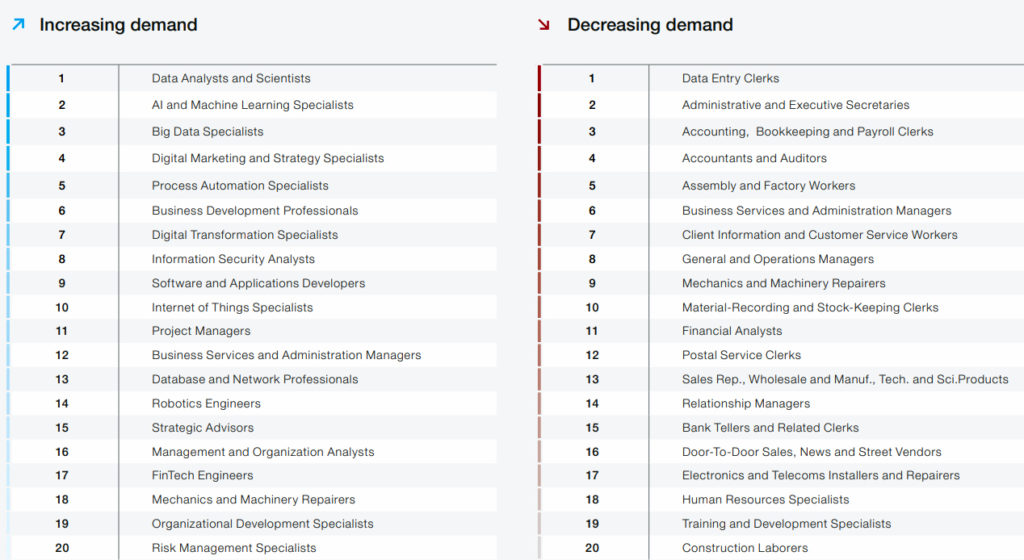The IDC report, Work automation and digital skills – Essential for the Future of Work, revealed that up to 60% of employees are collaborating with bots for work. Drawn from the Asia Pacific excluding Japan (APeJ) Future of Work Employee Perspectives Survey 2022, the study found that automation is becoming more embedded in day-to-day work, with 60% likely to automate their work using low code platforms.
This highlights that automation is changing how employees approach work and there is a stronger need for organisations to accelerate their automation strategies and deployment plans.

“The pandemic has altered the landscape of work models, impacting businesses of all shapes and sizes. With organisations thinking about the required changes they must implement to fit in the new normal, expediting digitalisation efforts, bringing more IT agility, and automation empowerment to the business users have emerged as vital business requirements,” says Dr. Lily Phan, research director for Future of Work, IDC Asia/Pacific.
It is critical for organisations to understand employees' perceptions of automation. This report takes a closer look at the likeliness to adapt automation from the lens of employees while gauging the skill gaps, training requirements, and the role of automation in the rapidly changing digital environment.
Earlier hesitation among workers about the use of robots at work stem from the fear of being replaced by machines. While this may have occurred in some roles, new opportunities are being created because of the same advances that created robots.
The World Economy Forum Future of Jobs Report 2020 noted that as many as 85 million jobs will be displaced by the shift in labour between humans and machines by 2025, while 97 million new roles may emerge.

The IDC survey revealed that employees in APeJ see a positive impact of automation on their jobs – they feel the workforce will be reskilled or retrained to work with automated tools and employees can focus on higher-value tasks.
The survey also revealed that APeJ employees recognise the need for relevant learning and reskilling efforts, which are pivotal to being future-ready together with having the digital skill requirements essential for their career growth. Over one-third of employees across the Asia Pacific prefer specialised technology providers as their digital skill trainers.




